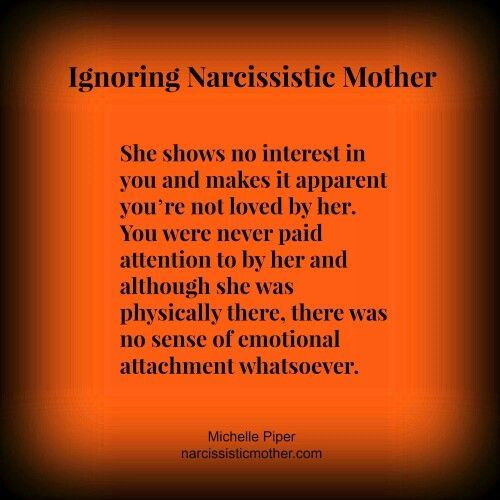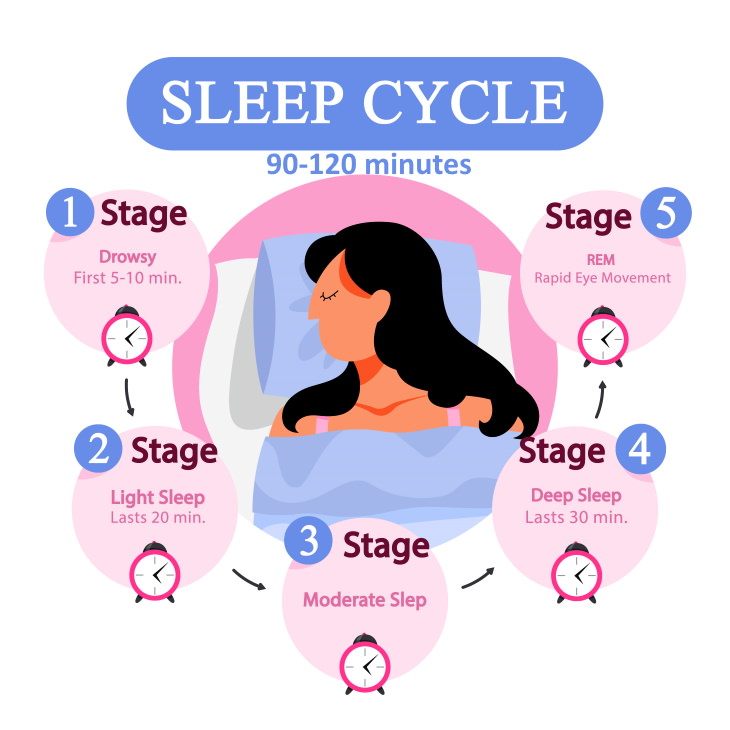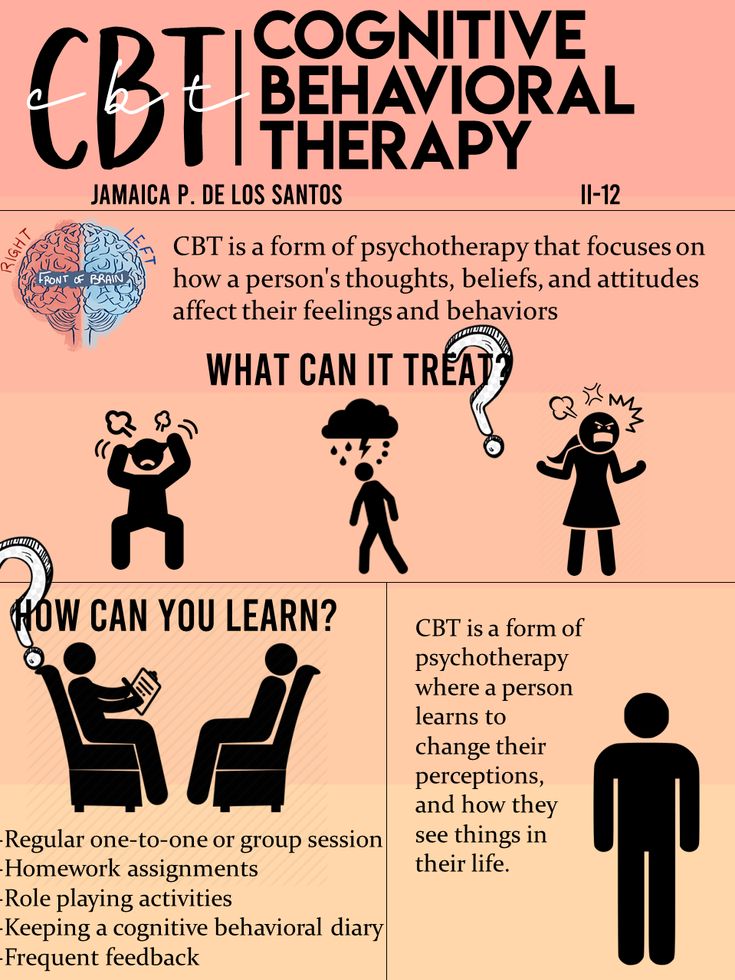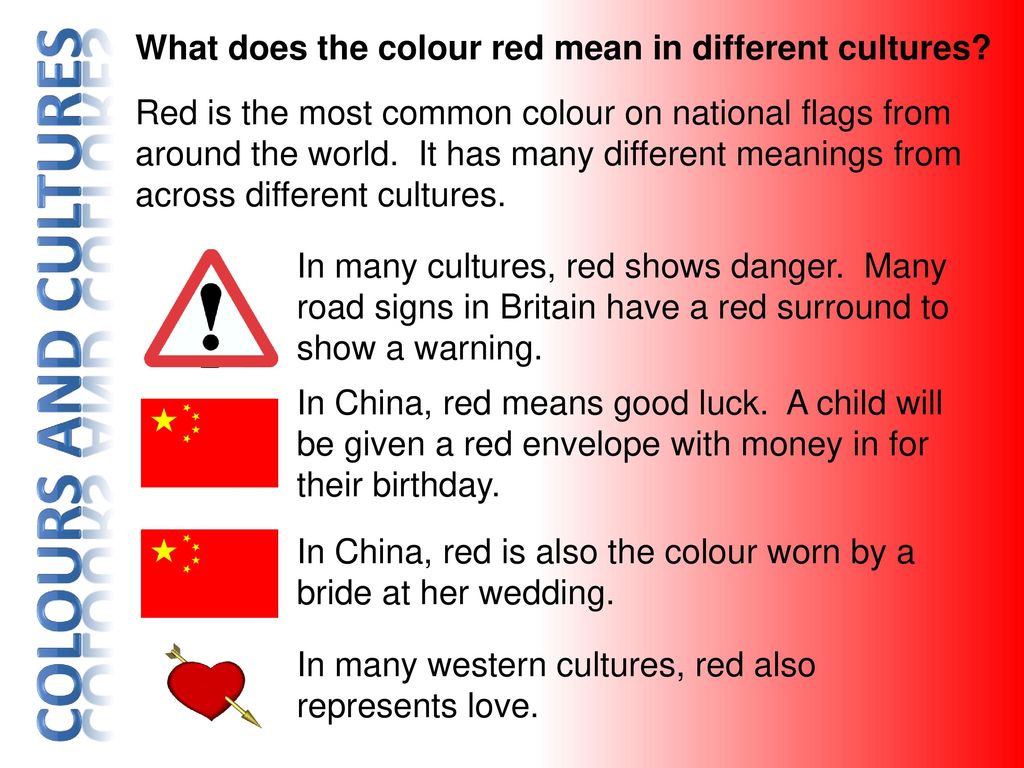Types of narcissistic mothers
The Six Faces of Maternal Narcissism
The disorder of narcissistic parenting creates significant emotional damage to children. If not understood, children raised by narcissistic parents grow up in a state of denial, thinking it is their fault and they are simply not good enough. If good enough, they would have been loved by that parent. While this is a cognitive distortion about self, the myriad of internal messages gleaned from childhood have a haunting effect on adult children of narcissistic parents. "Will I ever be good enough?" "Am I lovable?" "Am I only valued for what I do and how I look?" "Can I trust my own feelings?" Sound familiar?
The word "narcissism" is becoming more of a household term, but is usually used in disparaging others. It is not funny, sometimes not understood, and often used to describe a haughty or arrogant person. The reality is, true narcissism is a serious disorder that harms children. I don't find the humor. Narcissists are truly all about themselves and cannot show genuine empathy.
They have a limited capacity for giving unconditional love to their children. The alarming effects are cause for concern.
Identifying parental narcissism is not about encouraging another category of victims. Carrying anger, blame, resentment or rage for that parent is not the point. It is about love, education, and understanding so that healing can happen. Children and parents need some common points of connection to be able to recover and move forward with a deeper template. Being able to identify childhood internal messages is significant to thousands. Often a narcissistic parent is not a full-blown narcissist, but has many narcissistic traits. The impact of understanding can assist in repairing past damage. It is true that full-blown narcissists are unlikely to change, but the adult child can do his or her own internal work for recovery.
That said, the six faces of maternal narcissism are identified as: the flamboyant-extrovert, the accomplishment-oriented, the psychosomatic, the addicted, the secretly mean, and the emotionally needy.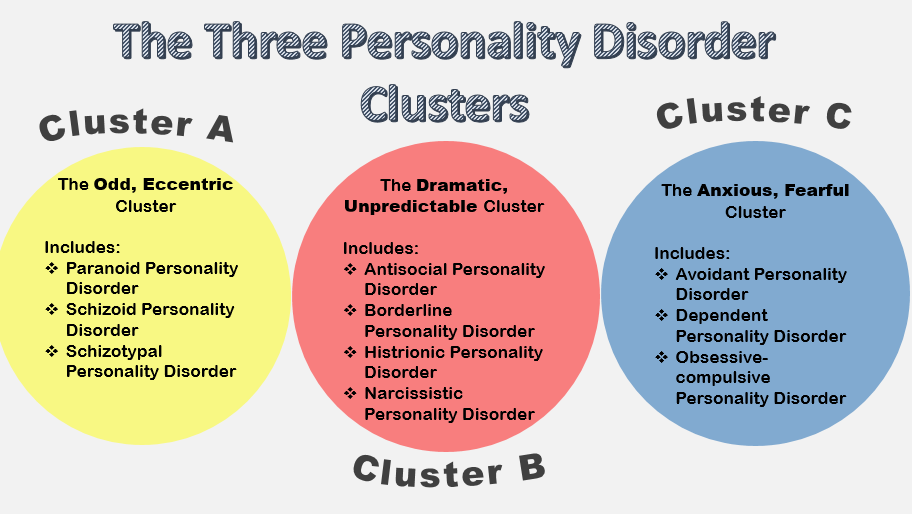 A parent can be a mixture of these types and often that is the case. Although brief, the following will explain each type.
A parent can be a mixture of these types and often that is the case. Although brief, the following will explain each type.
The Flamboyant-Extrovert: This is the mother about whom movies are made. She's a public entertainer, loved by the masses, but secretly feared by her intimate house partners and children. She's the showbiz or stage mom and is all about performing. She's noticeable, flashy, fun and "out there." Some love her but you despise the masquerade she performs for the world. You know that you don't really matter to her and her show, except in how you make her look to the rest of the world.
The Accomplishment-Oriented: To the accomplishment-oriented mother, what you achieve in your life is paramount. Success depends on what you do, not who you are. This mom is about grades, best colleges, and pertinent degrees. But ... if you don't accomplish what she thinks you should, she is deeply embarrassed and may even respond with fury and rage.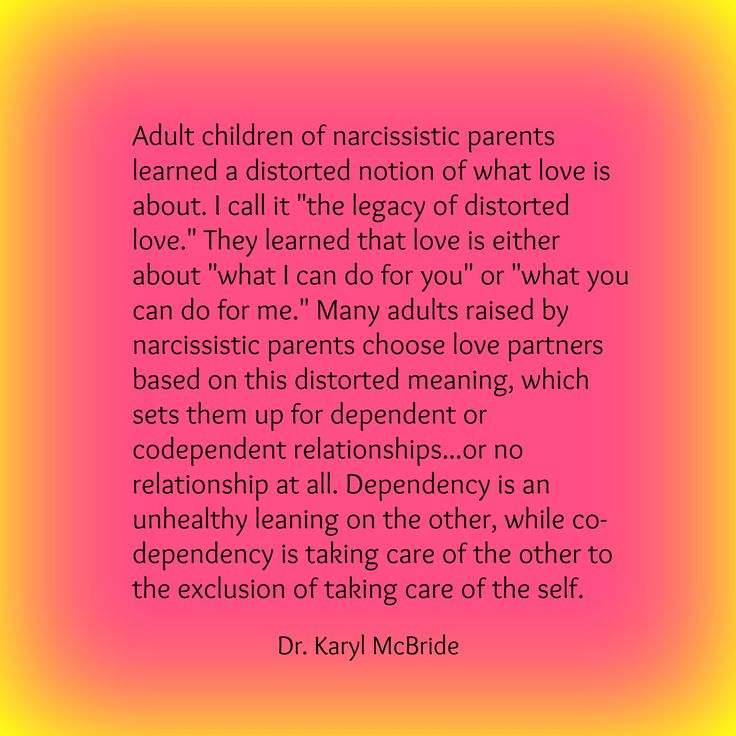
The Psychosomatic: The psychosomatic mother uses illness and aches and pains to manipulate others, to get her way, and to focus attention on herself. She cares little for those around her. The way to get attention from this kind of mother is to take care of her. This kind of mother uses illness to escape from her own feelings or from having to deal with difficulties in life. You cannot be sicker than she. She will up the ante.
The Addicted: A parent with a substance abuse issue will always seem narcissistic because the addiction will speak louder than anything else. Sometimes when the addict sobers up, the narcissism seems less—but not always. The bottle or drug of choice will always come before the child.
The Secretly Mean: The secretly mean mother does not want others to know that she is abusive to her children. She will have a public self and a private self, which are quite different. These mothers can be kind and loving in public but are abusive and cruel at home.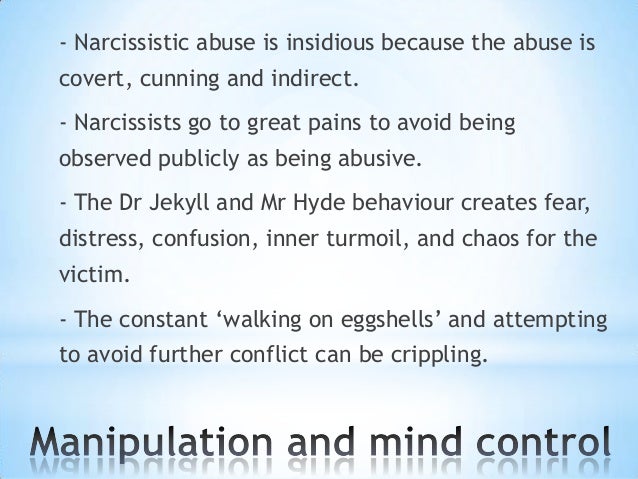 The unpredictable, opposite messages to the child are crazy-making.
The unpredictable, opposite messages to the child are crazy-making.
The Emotionally Needy: While all narcissistic mothers are emotionally needy, this mother shows the characteristic more openly than others. This is the mother you have to emotionally take care of, which is a losing proposition to the child. The child's feelings are neglected and the child is unlikely to receive the same nurturance that he or she is expected to provide for the parent.
If your parent had some of the above traits, it is important to note that they were not born that way. They likely had their own insurmountable barriers to receiving love and empathy when they were children. This does not take away your pain. We cannot ever condone child abuse. But, this knowledge does help accomplish a deeper understanding.
If your mirror is empty and your childhood lacked in proper nurturing, remember as an adult that recovery is the answer. It is mostly internal work that must be done. The healing five-step recovery model is outlined in Will I Ever Be Good Enough? Healing the Daughters of Narcissistic Mothers.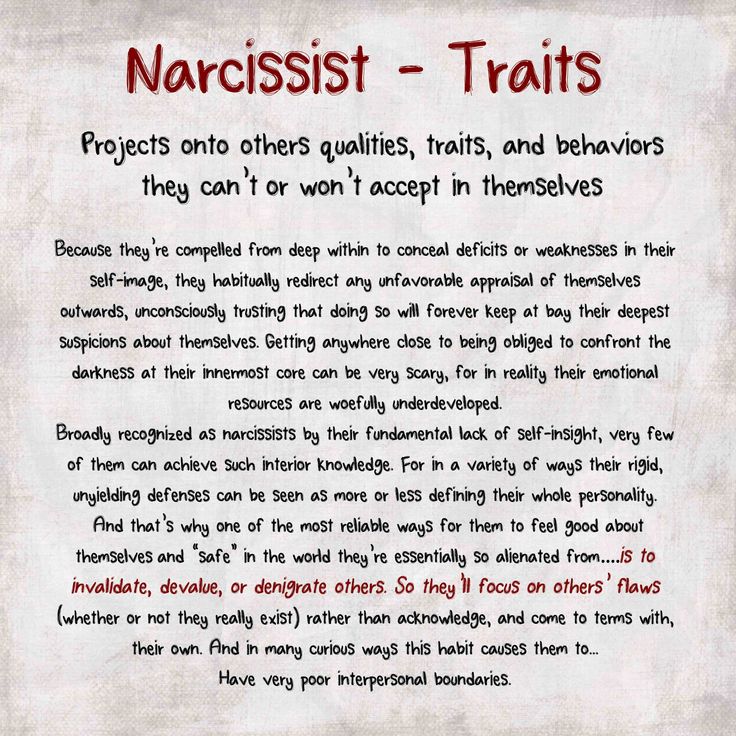 Once we understand, we can move forward and build an internal mother who is always there when you need her—unlike the narcissistic mother, who is always there when she needs you.
Once we understand, we can move forward and build an internal mother who is always there when you need her—unlike the narcissistic mother, who is always there when she needs you.
Do you recognize some of these faces in your upbringing? Find additional resources for recovery here.
Follow me on Facebook and Twitter.
5 Types of Narcissistic Mothers – Rebecca Chapman
When you spend time with your mother, do you ever get the feeling she doesn’t really like you very much?
Maybe she likes the IDEA of you—the perfect daughter she can show off to her friends, or the emotional confidante she can tell all her problems to…
But the real you is too messy.
The real you doesn’t fit into the box she’s created. She’s the center of the universe, and her children are meant to orbit around her.
Your existence as an independent person, with thoughts and ideas of her own, doesn’t even register in your mother’s world.
Unless it’s to criticize.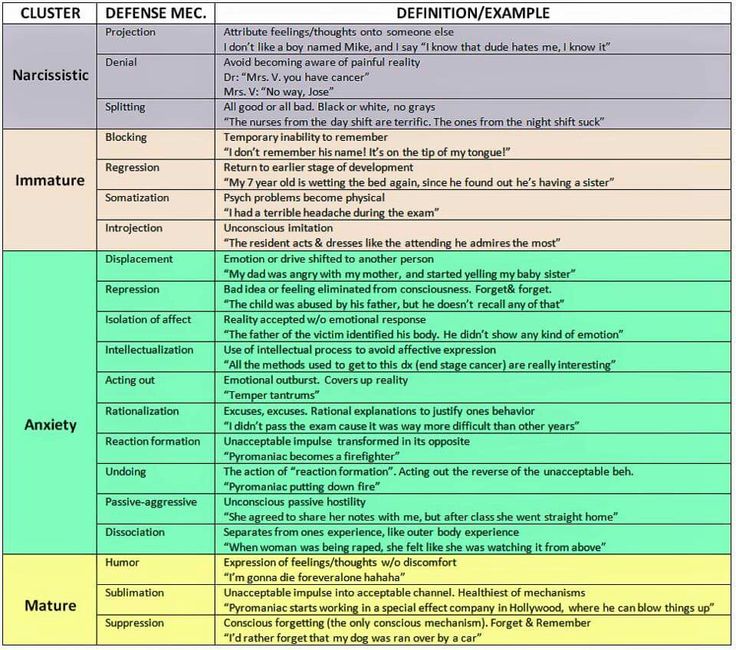 To take the wind out of your sails. To remind you of your place.
To take the wind out of your sails. To remind you of your place.
If you think about it too closely, it hurts.
So maybe you try not to think about it at all.
Relationship Rockstar and Narcissist Whisperer Rebecca Chapman would like to invite you to think about it just a little bit.
Just for the duration of this interview.
Just until you find out whether narcissism was an issue in your family of origin or not.
Rebecca is an expert in childhood emotional neglect and attachment theory.
She helps women attract relationships that nurture them and set boundaries for the relationships that don’t.
In this week’s YBTV interview, she discusses the 5 types of narcissistic mothers.
You’ll learn why love felt different in your family of origin to how it should have. You’ll find out why it’s so hard to criticize your mom, even when you’re right to do so.
And you’ll learn the next steps you need to take to start healing.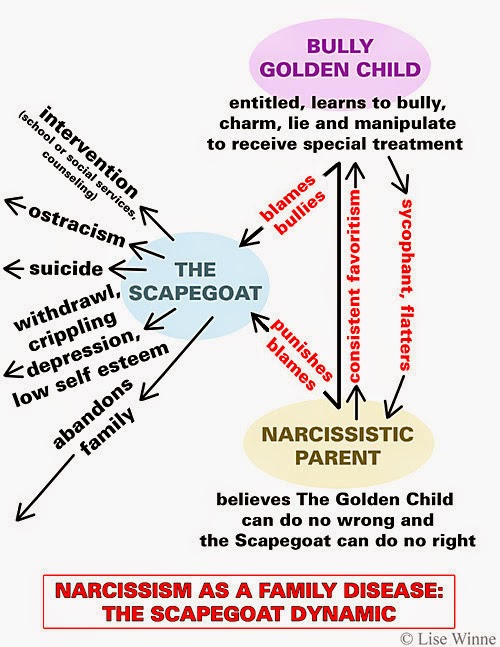
Do You Have a Narcissistic Mom? Take the Quiz
What You’ll LearnThere is so much pain when we don’t get along with Mom.
Rebecca finds that her clients with a difficult relationship with their mother often feel a sense of emptiness.
They struggle in their romantic relationships. They struggle to make close female friends. They are terrified they’ll be like their mom with their own kids.
“It’s really heartbreaking, the number of people that are just carrying it around,” Rebecca says.
We carry it around because we don’t feel we can talk about it.
Why We Don’t Talk about MomCriticizing Mom is taboo.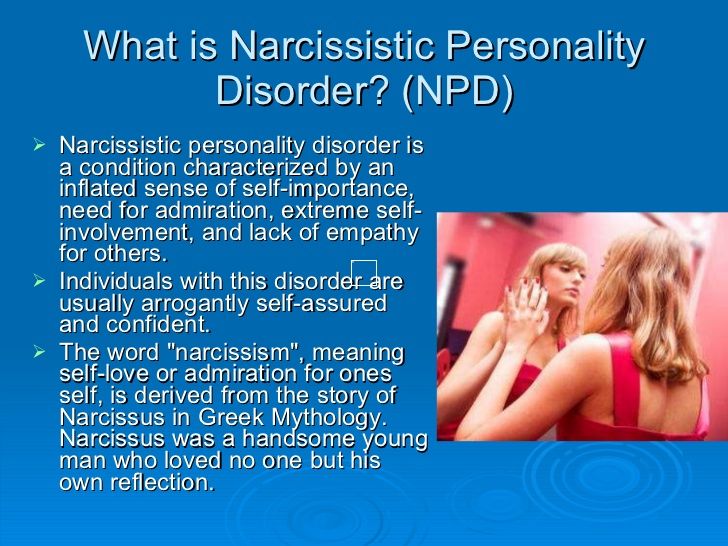
If you try, you’ll hear things like:
All moms love their kids. No mom is perfect. You must have misunderstood her. Are you sure it wasn’t something you did?”
The fear of criticizing Mom goes even deeper than how people might respond.
If your mom isn’t capable of love, what does that mean about you? You come from her, after all.
You also may feel an irrational terror that “if you think something bad about your mother, it’s going to blow your world apart.”
That terror dates back to childhood, when you were completely dependent on your parents for survival. If you spoke up, you could lose their protection, their affection, food, shelter, even your siblings.
“As a child, you can’t even let yourself entertain the thought,” Rebecca says. “So as an adult, you don’t let yourself entertain the thought” either.
You might also believe that something horrible will happen if you say something. Your parents will leave, or get sick, or die.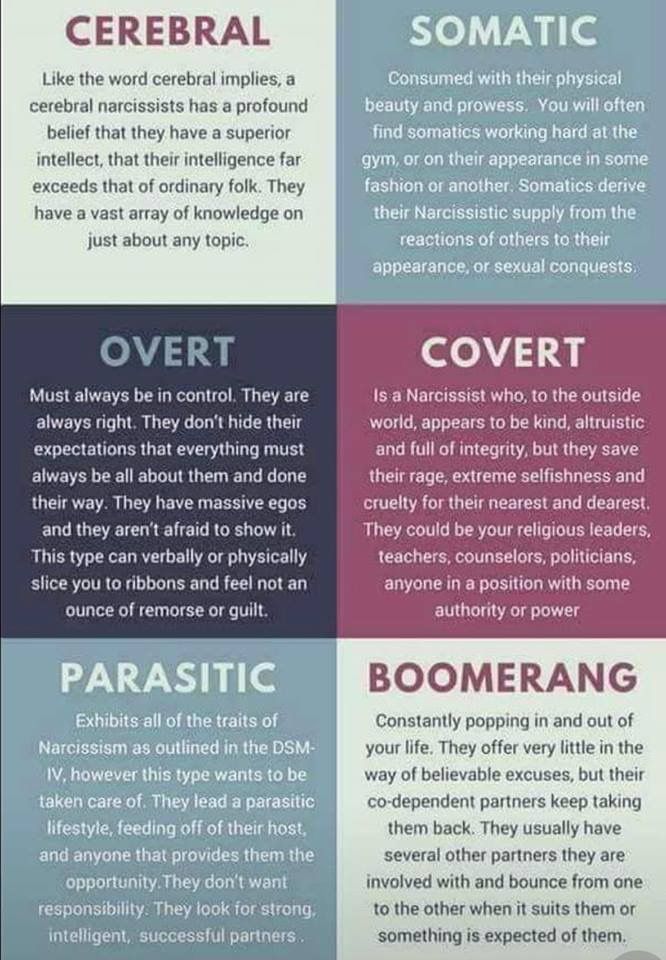
It’s just too much.
So you say nothing, and you live with the pain.
Family Love with a Narcissistic MotherFamily love looks different when you have a narcissistic mother.
Mother love is meant to be innate.
All mothers love their children. Not because they choose to, but because it’s built into their DNA.
“It’s really hard to get your head around how somebody’s missing this incredible element,” Rebecca says, “but I’ve seen it so often that I 100% believe it.”
Rebecca found in her own family “that love was defined differently … than perhaps it should have been.”
“Love was behaving,” she explains. “Love was doing what your mother wanted. Love was publicly showing affection. That was love, but of course it’s not. That’s control.”
Whereas most mothers “mother to the child,” taking into account their children’s unique personalities, the narcissistic mother has a different understanding of her job.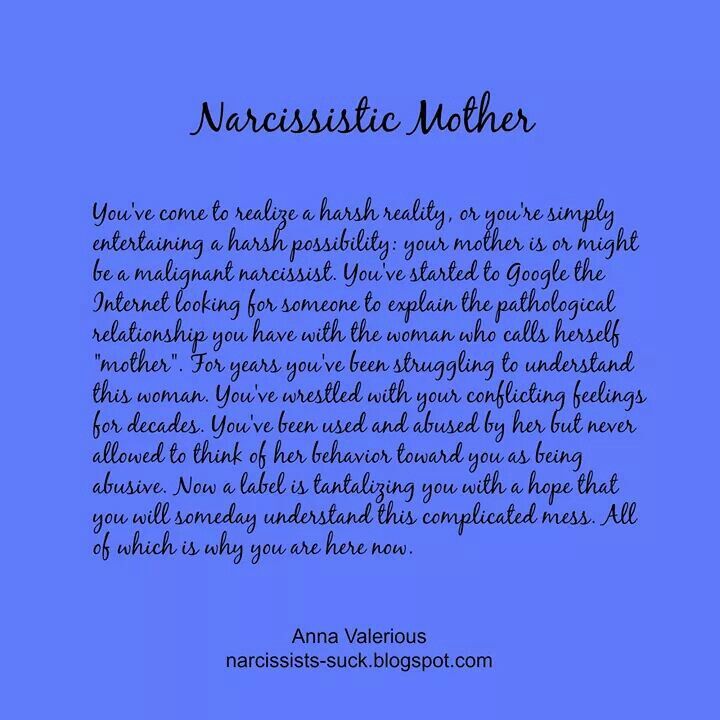
She sees her job as providing food and shelter. Her job is to raise her kids, not cater to their emotional needs.
“Sometimes, it’s not even that,” Rebecca adds. “It’s just, ‘I haven’t kicked you out.'”
5 Types of Narcissistic MothersSo what is a narcissistic mother?
There are degrees of narcissism. Your mother may display just a few traits or all of them.
» Is your mother a narcissist? Take the quiz.
In general, the goal of the narcissistic mother is to remain the center of the universe.
Her spouse enables her. He may be compliant, or scared of her, or maybe even feminine himself.
Narcissistic mothers come in 5 types:
- The Addict
- The Loud, Extroverted Mother
- The Emotional Parasite
- The Mother Who Needs You to Succeed
- The Mean Mother
Rebecca explains each of them in turn.
The AddictThis is the most obvious kind of narcissistic mother.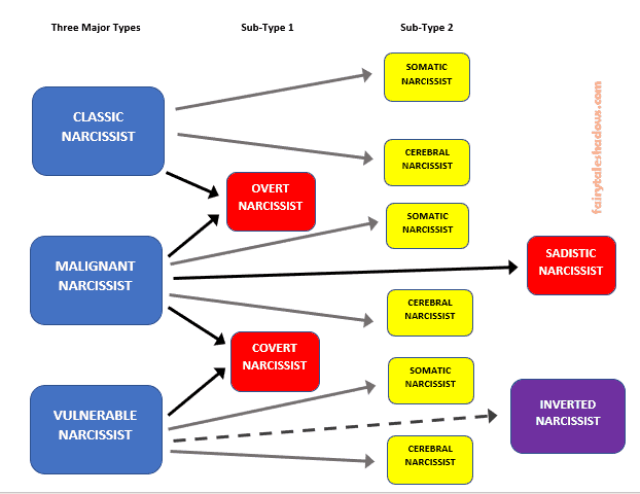
“The child grows up knowing that whatever the addiction is is more important than them, and the mother does nothing to correct this,” Rebecca explains.
The Loud Extroverted MotherThis is the mother who always has to be the center of attention.
“They need to be seen by everyone. They need to be loved by everyone,” Rebecca says.
These mothers expect their children to reflect their glory, not take attention away from them. They can feel threatened if their daughters are attractive, intelligent, or outspoken.
The Emotional ParasiteThis is the mother who expects you to fulfill her emotional needs.
“You are there to be her confidante. You are there to tell her how wonderful she is,” Rebecca explains.
Daughters are often asked to enable their mother’s inappropriate behaviors. The daughter feels important when she’s taken into her mother’s confidence about relationships or other adult topics, never realizing it’s emotional incest.
This is the mother who believes you are what you do.
She doesn’t know your favorite color or the names of your friends, but she knows your test scores and can recite your accomplishments to friends.
She parades you at dinner parties, because you make her look good.
Until you don’t, and then you’re no use to her.
The Mean MotherThis mother isn’t mean in front of other people, not when it would make her look bad.
She’s mean behind closed doors. She belittles you in a sarcastic way.
She says things like, “Any other mother would have kicked you out by now. You’re really lucky that I look after you. I didn’t even want children.”
» Does your mom have some of these traits? Take the quiz.
But My Mother Wasn’t Always Like ThatMaybe you recognize a few of these traits, but you can remember good times with your mother, too.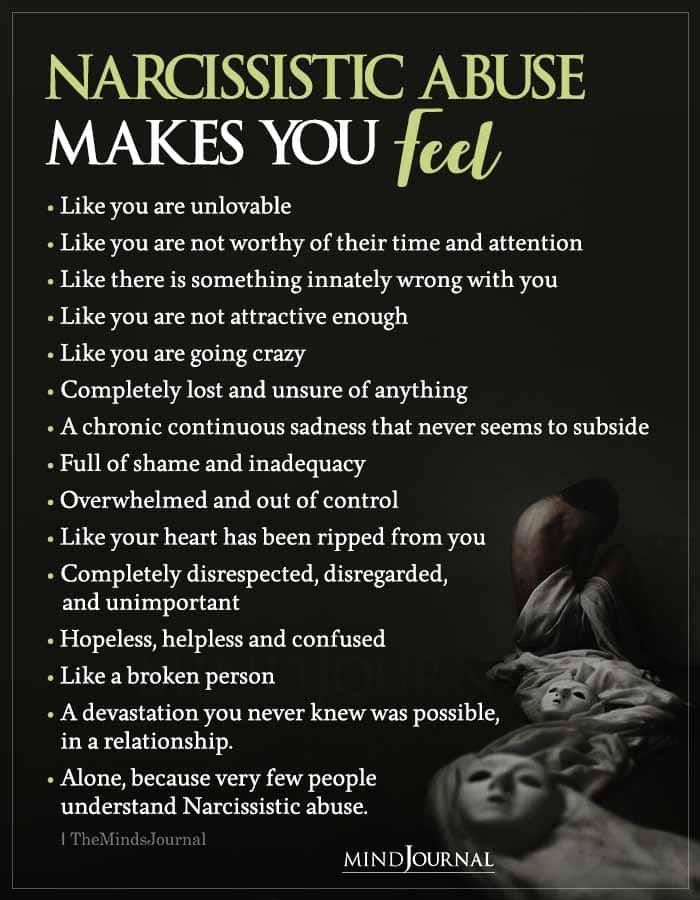
“What confuses a lot of women is that they can say, ‘My mum was really nice up to a certain age; she was fine. And something suddenly happened. So I’m not sure if she’s a narcissist, because she wasn’t always like this.”
Often, that change happens around puberty.
It happens around the time you start spending more time with your friends and making your own choices.
“While your mother has control, she will be happy as a pig in mud,” Rebecca says.
The more she loses control over you, the more she acts out. That’s when the narcissism kicks in.
What Do I Do Now?Does any of this resonate with you?
If so, don’t talk to your family about it just yet.
Your siblings have their own experience with your mother. Your mother may play you off each other, so you end up isolated and feeling like you’re going crazy.
The first step is to get professional support.
“Chances are, you’ve never felt that you’ve had a safe place to fall, and you’ve never felt that someone had your back,” Rebecca says, “because you’ve come from that sort of a family, and you feel like you should be able to do this by yourself. ”
”
Find a female therapist who believes you and has experience in dealing with narcissism, who can help you heal the mother wound and see a different version of femininity that’s not about aggression or control.
Even without a therapist, you can learn to practice the art of small talk with your parents.
Restrict your conversations with your parents to surface things, things that you don’t care about.
“They want information that they can take back to their friends,” Rebecca explains. “Give them information, but give them information you’re happy to have shared.”
You can try techniques like going no contact, setting clear boundaries and enforcing them, practicing simple phrases to cut off the conversation when it veers into abusive territory.
Rebecca helps her clients come up with responses to their narcissistic parent, so they know exactly what to say.
“It’s really important that, before you confront them, you get strong and that you find a safe place to fall,” she adds.
So get help, please. This is not something you need to do by yourself. This is absolutely huge; this is not small… This is fixable. You do not have to carry this around; this is not yours, this is hers.”
She urges you to contact her, if just to share your story about your mother.
“Let’s finally start talking about this,” she says, “because it’s time for you to speak.”
For a limited time, Rebecca is opening up her client list to one-on-one clients. Find out more.
Rebecca Chapman
Rebecca is the principal consultant at A Life in Perfect Balance. She’s not just a coach or therapist but also an expert at being human. She uses humor and honesty to create safe spaces for people to explore their relationship dynamics without judgement or fear of embarrassment. Her superpower is helping people become the best version of themselves while living the kind of life they actually want, one with so much freedom, joy, and peace. Find out how you can work with Rebecca.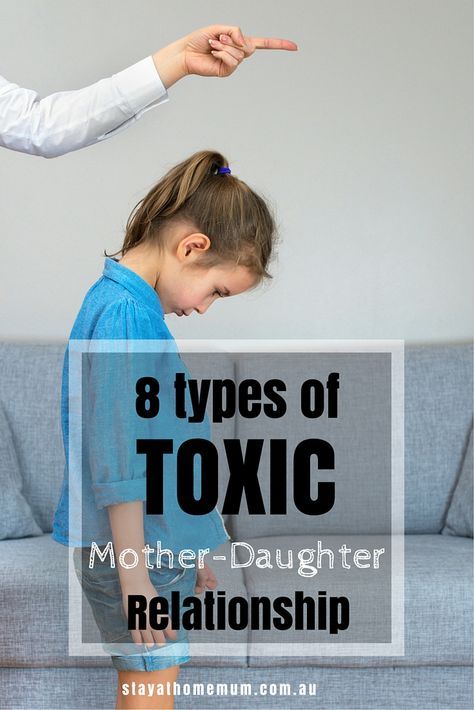
Like this:
Like Loading...
Why narcissistic mothers are dangerous and how they ruin the lives of their daughters
Reading books about the relationship between mothers and daughters, Dr. Caryl McBride cried every time. She could not understand why she could not remember the feelings of affection and love in her childhood, and she really wanted to find an explanation for this. Thus was born the book Good Enough, in which McBride, based on real stories, explores (for the first time!) the problem of maternal narcissism and its impact on the lives of daughters.
“Both boys and girls suffer from the disruption of emotional bonds when one of the parents is a narcissist. However, the mother also serves as a role model for the growing daughter,” says Caryl McBride.
The narcissist mother pushes her daughter to respond to the world around her in the way she herself does, and not in the way that suits the child. The girl constantly tries to guess the reaction of her mother and adapts to her in order to earn approval and love. Of course, she does not understand that such behavior serves only the interests of the mother.
Of course, she does not understand that such behavior serves only the interests of the mother.
“Unconditional acceptance of a child as a unique individual is a necessary condition for a girl to grow into a confident woman. If you had a narcissistic mother, you were deprived of that,” McBride writes. The concept of love in daughters of narcissistic mothers is distorted. In childhood, they try to earn the approval of their mother. Their definition of love is to please another without expecting anything in return. This negatively affects the girls' future romantic relationships.
Moreover, the patterns and narcissistic traits learned in childhood, grown-up girls, becoming mothers, can be transferred to their daughters and reward the next generation of women of their kind with narcissistic traits.
9 characteristics of narcissistic mothers
In everyday life, arrogant people who are obsessed with themselves and their desires are called narcissists. In psychology, narcissism is a spectrum disorder that can manifest itself in many ways, from a few character traits to a full blown narcissistic personality disorder. According to the American Psychiatric Association, approximately one and a half million women in the United States suffer from narcissistic personality disorder.
According to the American Psychiatric Association, approximately one and a half million women in the United States suffer from narcissistic personality disorder.
The Diagnostic and Statistical Handbook of Mental Disorders identifies nine characteristics of narcissistic personalities.
1. Have an inflated sense of self-importance , may exaggerate their achievements and talents, or expect to be recognized as superior in any situation. For example, a mother speaks only about herself, does not ask her daughter questions, is not going to listen to her, but only shares her news and feelings.
2. Constantly fantasize about limitless success, power, incredible achievement, beauty, or ideal love. For example, a mother earns money by cleaning houses and is sure that her famous clients will help her become famous herself.
3. They believe that they are special and unique , so they can only be understood by people who are just as special or have a high status.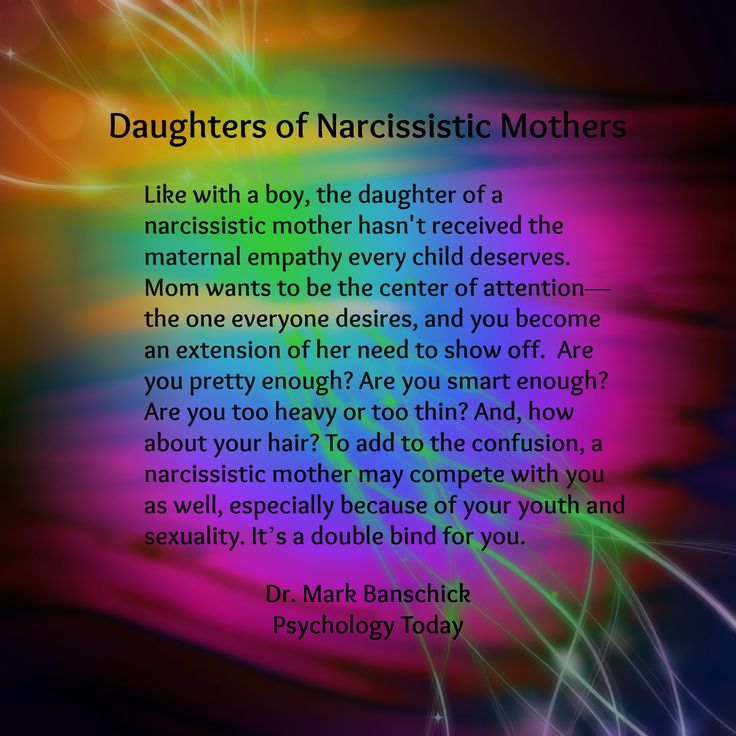 The rest are despised. For example, a mother takes the family to a restaurant and treats the waiters like servants.
The rest are despised. For example, a mother takes the family to a restaurant and treats the waiters like servants.
4. They crave excessive admiration. Example: A mother demands to be thanked, praised and complimented for everything she has ever done for you.
5. They think that everyone owes them. These are unrealistic expectations that other people will treat them especially well or automatically meet their expectations. For example, a mother is sure that she is too important a person to stand in line.
6. Exploit others , that is, they use others to achieve their own goals. For example, a mother is friends only with those who can be useful to her.
7. Demonstrate a lack of empathy : unwilling to notice other people's needs or cherish their feelings. For example, a mother constantly points out her daughter's "mistakes", criticizes and humiliates her.
8. Often envious of others or feel that they are the object of envy of others.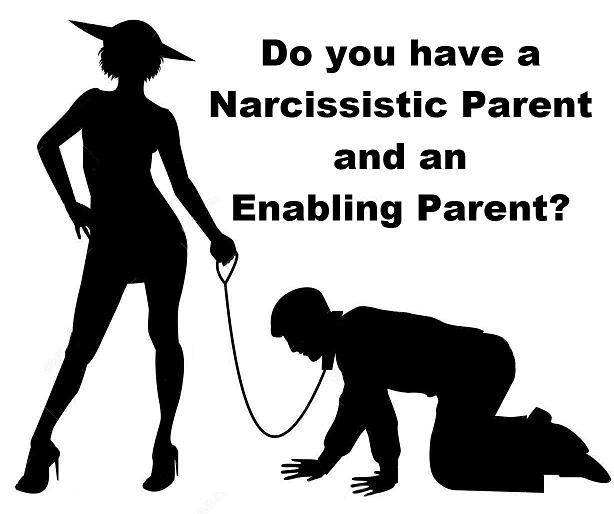 For example, a mother claims that she has no girlfriends because women are jealous of her.
For example, a mother claims that she has no girlfriends because women are jealous of her.
9. Demonstrate arrogance, arrogance and attitude. For example, a mother thinks that her children are too good and should not play with peers from less wealthy families.
The degree of narcissism can vary. McBride emphasizes that even if your mother doesn't have all nine traits of people with severe narcissistic personality disorder, her narcissism still hurt you. If so, then three destructive mindsets have haunted you throughout your life:
- Something is wrong with me.
- My value is in what I do, not in who I am.
- It's impossible to love me.
10 relationship problems with narcissistic mothers
In her research on maternal narcissism, McBride identified ten common relationship problems between mothers with narcissistic traits and daughters. It doesn't matter if you have experienced all the features in your life or only some of them.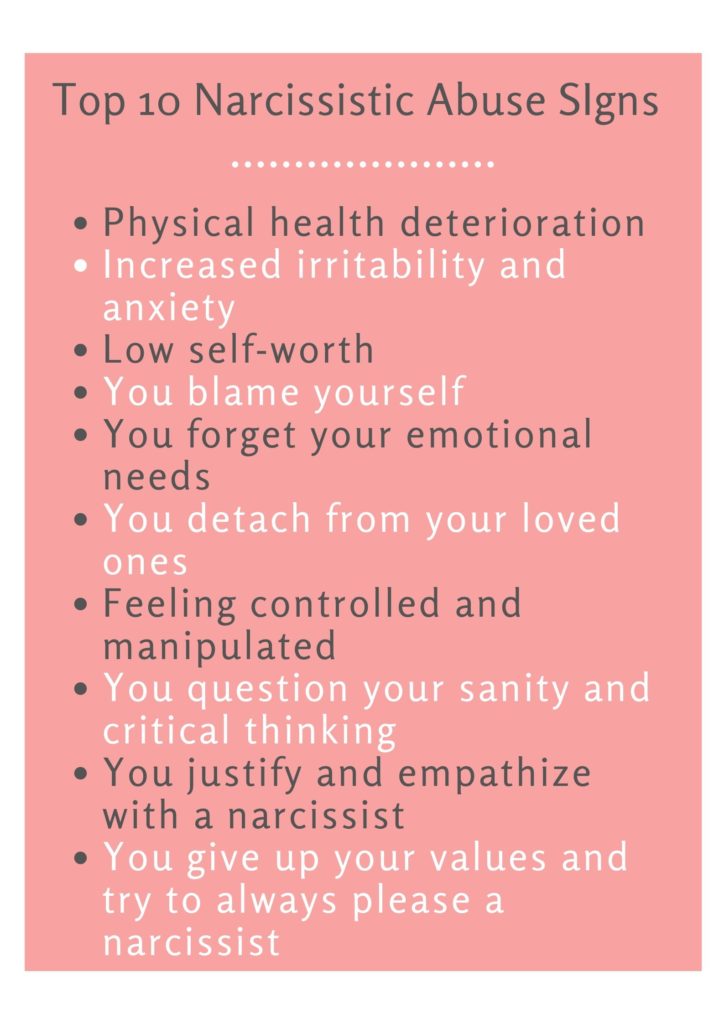 This only indicates how clearly narcissism is expressed in the behavior of your mother.
This only indicates how clearly narcissism is expressed in the behavior of your mother.
1. You notice that you are constantly trying to win your mother's love, attention, and approval, but fail to please her. Narcissistic mothers are critical and do not accept their daughters as they are.
2. The mother emphasizes that what matters to her is how something looks, and not how you feel about it. Your emotions don't matter to her. She consoles you not with hugs, but with buying new clothes.
3. Your mother is jealous of you: because of your appearance, material well-being, achievements, education, and even because of your relationship with your father.
4. Narcissistic mothers control the interests and activities of their children and do not support their daughters in what they really want.
5. Everything in the family always revolves around the mother. Narcissists do not tolerate rejection and want everyone to obey their wishes.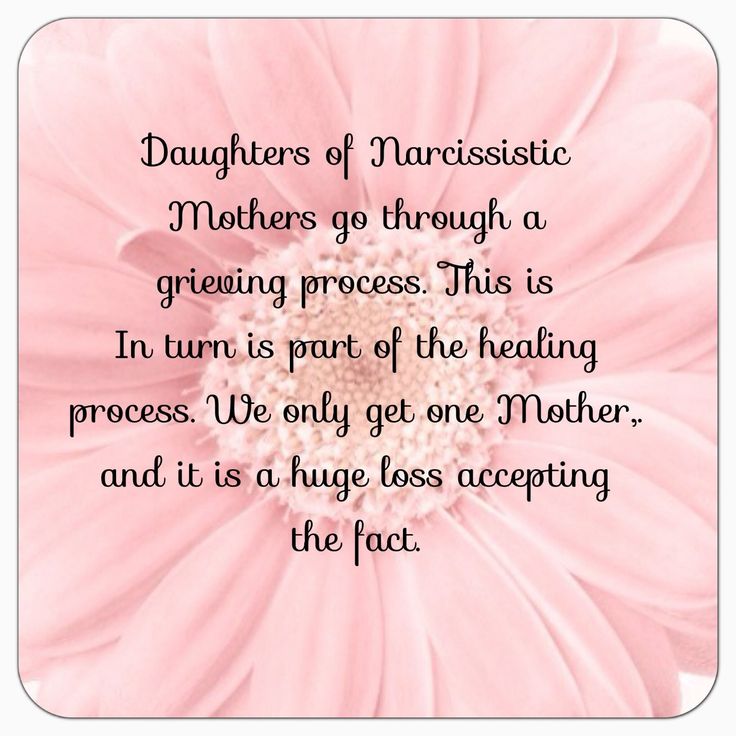
6. The mother is unable to show empathy. The feelings of a daughter growing up next to her are not taken seriously, and she does not feel her own importance. Regardless of age, such daughters may withdraw, stop talking about themselves, or even notice their feelings.
7. The mother cannot cope with her own emotions. She "stiffens" or "disappears" when it comes to feelings. She does not allow herself or her daughter to express what is in her soul - their relationship is doomed to remain superficial, there is no deep connection in them.
8. Mother often criticizes and condemns. She does it because she doesn't like herself. In this way, she raises her daughters to be extremely sensitive to other people's opinions and makes them constantly feel like they are not good enough.
9. Your mother treats you like a friend, not like a daughter. In a healthy relationship, the mother plays the role of an adult and takes care of the child.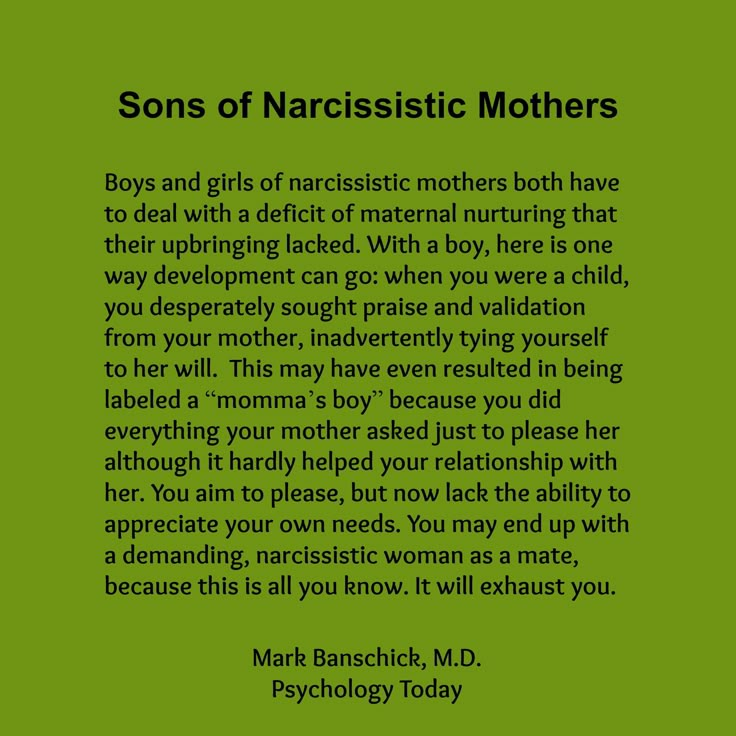 Mothers with narcissistic traits did not receive proper care from their parents in childhood, therefore, emotionally, they resemble children who constantly need support.
Mothers with narcissistic traits did not receive proper care from their parents in childhood, therefore, emotionally, they resemble children who constantly need support.
They often involve their little daughters in the adult world, for example by sharing difficulties with their husband. In this case, the daughter begins to feel loneliness and danger - she does not have a parent to rely on. She feels guilty about not being able to solve her mother's problems and internalizes the "I'm not good enough" mentality.
10. There are no personal boundaries in your communication with your mother. Emotional separation is an essential part of psychological growth, but the narcissistic mother does not allow her daughter to become a separate person. In family life, she has no boundaries, there is nothing personal. For a narcissistic mother, a child is an extension of herself: she can talk to her daughter on the most inappropriate topics, she has the right to interfere in everything and share information with anyone.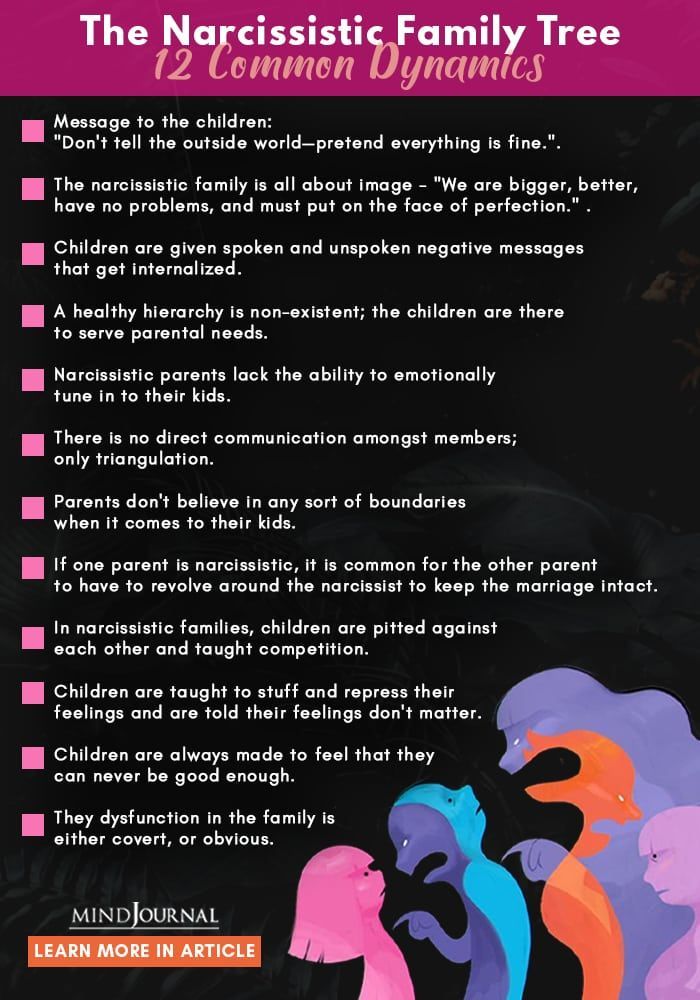
How narcissism manifests itself: an absorbing and ignoring mother
A mother can only pass on knowledge, confidence and self-love to her daughter if she herself has these skills. Moreover, for this to be successful, a woman must build a deep and balanced relationship with her daughter.
Narcissism is the opposite of balance. In the families of narcissistic mothers, everything is taken to the extreme. “Staying true to intergenerational twisted love, most narcissistic mothers place either too much emphasis on raising their daughters (absorbing mother) or very little (ignoring mother),” McBride writes.
The absorbing mother dominates her daughter with care, dominates every aspect of her life and keeps them under control
She makes all decisions for her daughter and tells her what to wear, how to behave, what to say, think and feel correctly.
Such mothers often seem wonderful. They are involved in the life of their daughters, doing something for them, for them and together with them, so others perceive them as interested parents.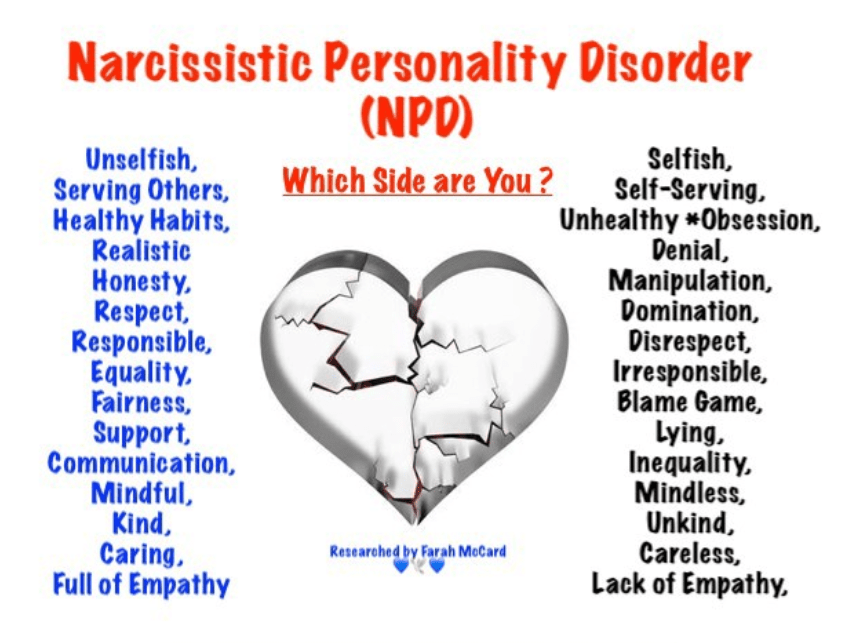 Alas, the consequences of such behavior are sad. As a result, daughters have low self-esteem, they often feel their own worthlessness.
Alas, the consequences of such behavior are sad. As a result, daughters have low self-esteem, they often feel their own worthlessness.
An ignoring mother, on the contrary, does not pay enough attention to her child. She does not take or deny the feelings of children seriously. Excluding especially difficult cases, such parents provide the child financially: their own room, food, clothes, but they refuse their daughters upbringing, emotional support and empathy. Therefore, they feel invisible and begin to think that as individuals they do not matter.
McBride emphasizes that the two styles described are not mutually exclusive. The narcissistic mother can switch from absorbing to ignoring and back again. In addition, she can choose the type of behavior in relation to her daughters: with one daughter, she can be an absorbing mother, and with another, an ignoring one.
Perfectionism and Sabotage: How Children React to Mother's Narcissism
When two daughters are raised by the same narcissistic mother, they often take on very different roles.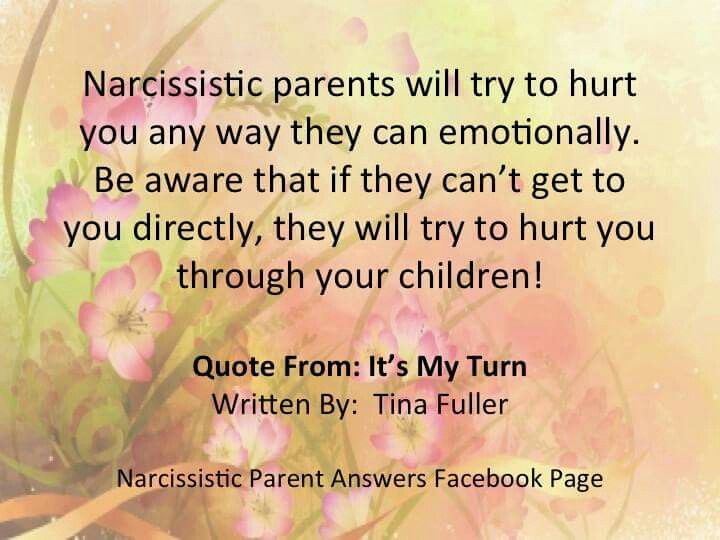 Both girls think they are loved for what they do, but behave differently. One sister, as it were, says to the narcissistic mother: “OK, I will show you what I am capable of and what I am worthy of.” She becomes a perfectionist who constantly strives to achieve more. Another sister, having adopted the same attitude, begins to believe that everything is meaningless and she will not achieve anything anyway. She goes into passivity and self-sabotage.
Both girls think they are loved for what they do, but behave differently. One sister, as it were, says to the narcissistic mother: “OK, I will show you what I am capable of and what I am worthy of.” She becomes a perfectionist who constantly strives to achieve more. Another sister, having adopted the same attitude, begins to believe that everything is meaningless and she will not achieve anything anyway. She goes into passivity and self-sabotage.
As adults, successful daughters seem like superheroes, but their accomplishments and high performance do not bring satisfaction or inner comfort.
They are constantly struggling with a sense of failure and never notice how much has already been done. They are constantly looking for what else they can do to prove their worth, and often work themselves up to burnout and chronic fatigue syndrome. There are no problems if you are successful, doing what you love, while praising yourself and taking care of yourself.
Alas, many super-successful daughters, suffering from workaholism, cannot slow down, which leads them to health problems.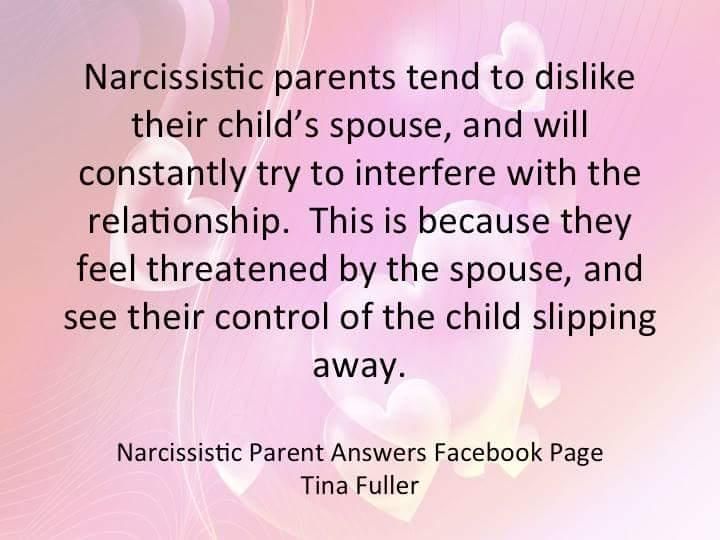 Here's proof that I can't be who you want me to be!" They give up easily, try to numb the pain with addictions, are unable to break free from self-destructive habits, and refuse to realize their potential.
Here's proof that I can't be who you want me to be!" They give up easily, try to numb the pain with addictions, are unable to break free from self-destructive habits, and refuse to realize their potential.
As they get older, these daughters start looking for a replacement mother, someone who can take care of them. They are smart, talented and capable of many things, but they do not believe in themselves. So they find alternative unhealthy ways to get other people to take care of themselves: huddling in the basement of an aunt's house, ending up in jail, or living on welfare or unemployment benefits.
How to overcome childhood trauma
The third part of his book McBride devotes entirely to the process of recovery. She provides many exercises that can help you accept and live through traumatic experiences, and also recommends contacting a psychotherapist. The specific steps to recovery for the daughters of narcissistic mothers are:
- Embrace the limitations and feel the grief of not having the mother you dreamed of.
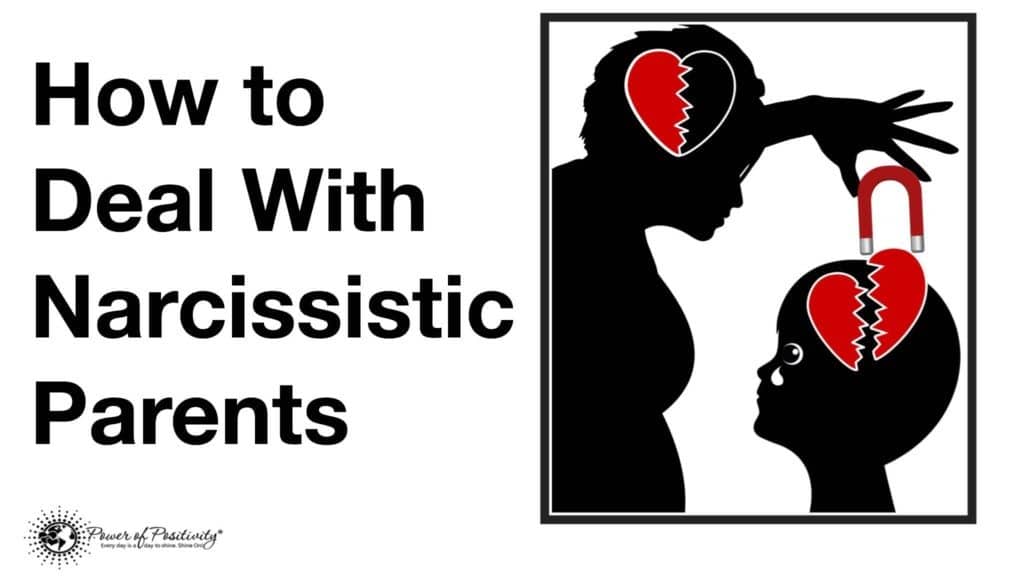
- Separate psychologically from the mother and reformulate the negative beliefs received from her into positive ones.
- Accept your own feelings, desires and personality.
- Learn to communicate with your mother in a new, more environmentally friendly way.
- Learn to recognize your own narcissistic traits and decide not to pass on this emotional legacy to your children.
- Teach yourself to grieve.
In twenty-eight years as a psychotherapist, McBride has noticed that most people try to skip the last step. This is quite expected, because breaking through denial and feeling pain is incredibly difficult. Meanwhile, mourning is the most important step that plays a decisive role in the process of change.
It starts with one decision: you allow your feelings to be. This needs to be learned, especially if you have been told all your life to shut up, not to grunt or not feel anything, to lie and pretend that everything is in order when in fact it is not.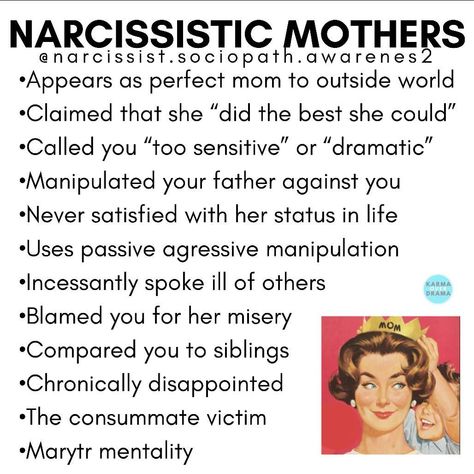
You can try to rationalize the pain by thinking, "I shouldn't feel this way" or "It wasn't all that bad." It won't help. Whatever emotions you experience, it is important to let them be. Sometimes this will require being alone in silence. It is important to live without being distracted and without becoming dependent on work or any other that drowns out emotions.
Take time to be alone and grieve. Do this several times until you begin to feel relieved.
Let the emotions leave the body at their own speed. To do this, you can stay at home alone, take long walks, run, go to the mountains, drive or sit in a coffee shop. Find what is comfortable for you.
During the mourning process, you will go through five stages: acceptance, denial, bargaining, anger, depression. It is important to go through them all and finally accept the fact that your mother is really narcissistic and did not give you the love that you wanted and needed. Only then can you truly live the grief.
For effective mourning, McBride recommends:
- Keep a diary. It symbolizes a serious attitude towards recovery. Writing down feelings is another way to let them go. Keeping a diary provides an opportunity to free yourself from trauma.
- Do not listen to other people's opinions while you are in this process. With the best of intentions, friends and relatives will say something like: “Yes, forget about it already”, “You cannot change the past, stop trying” and “Stop thinking about the past, live here and now.” They don't understand that if you don't face your sadness, it will stay with you forever.
- Let the guilt be. Guilt will inevitably come. McBride notes that in almost every clinical session and every interview, the daughters of narcissistic mothers admitted that they were uncomfortable because they talked about their mothers in a negative way. This is a cultural taboo that will have to be overcome in order to heal from trauma.
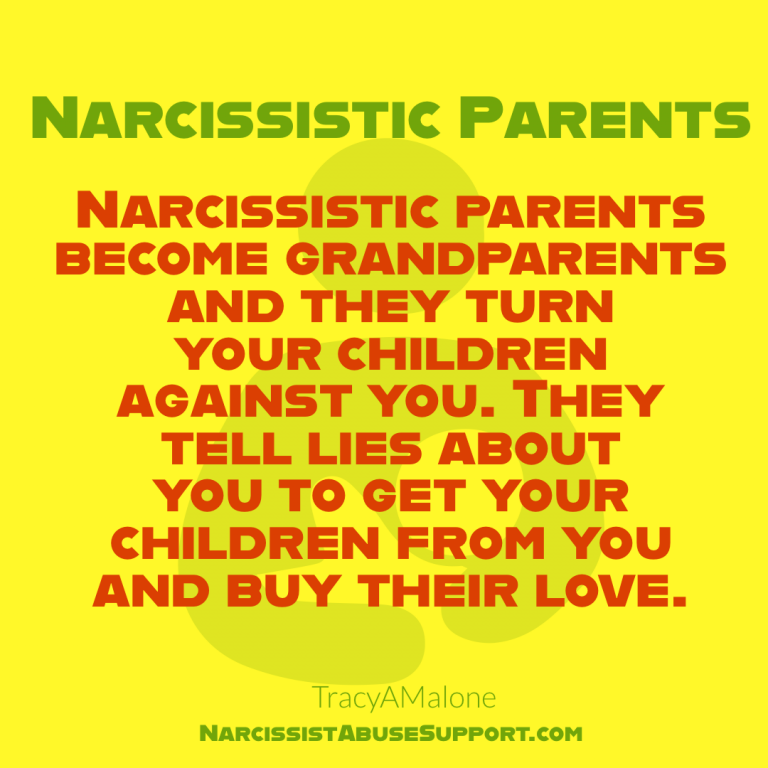
- Grieving for the little girl you failed to become because you had to take care of your mother early, and sometimes the whole family.
How to communicate with your mother in recovery
At this stage of healing, it is important to explore ways to manage your relationships and maintain the ability to behave in a healthy way. You have changed, but your mother has not.
McBride argues that in full blown narcissistic personality disorder there is little chance of effective treatment or change. The desire to change is important here, and narcissistic clients, when contacting a therapist, try to quickly find answers to questions about how to interact with other people. They do not assume that the problem may be in themselves, and quickly leave, believing that something is wrong with their therapist.
The narcissistic mother can be too toxic, so it is important for the daughter to make the decision to break contact with the mother during recovery.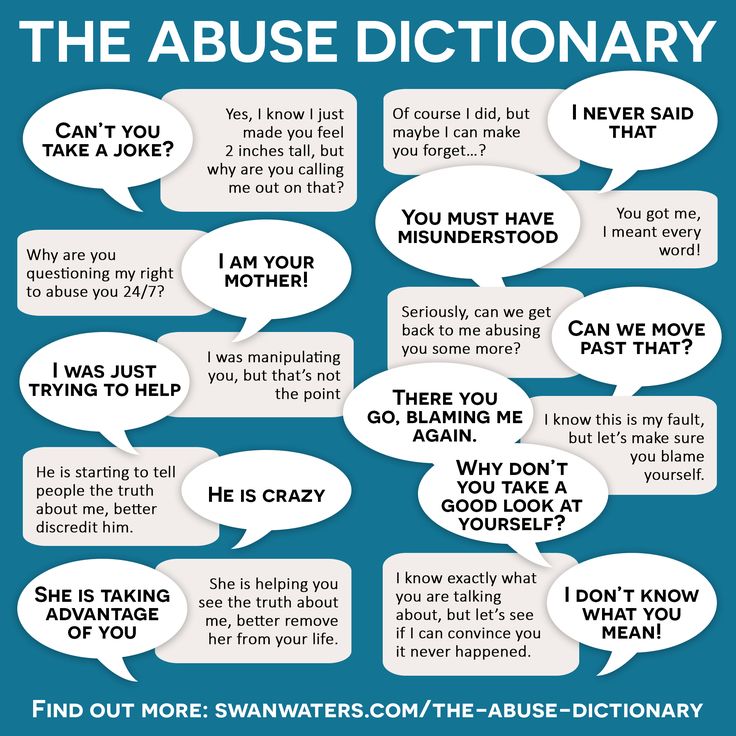
Others may not understand this decision, but you are making it for your mental health. If the mother is unable to change and you are constantly attacked and insulted by her, it is important to understand that cutting off contact with her is the healthier solution.
Due to the rarer communication, your contact will become polite. It is important not to expect anything from the mother, then you will experience less disappointment. McBride elaborates that this schema works best after you complete the healing process by accepting your mother's limitations and truly separating from her.
How to forgive your mother and is it necessary?
You do not have to wait for your mother's approval by moving away from her during therapy. If she does not leave you alone, you will have to learn to set personal boundaries. “Be clear about what you will and will not do,” McBride writes.
Many people are afraid to declare their boundaries because they worry about the feelings of others.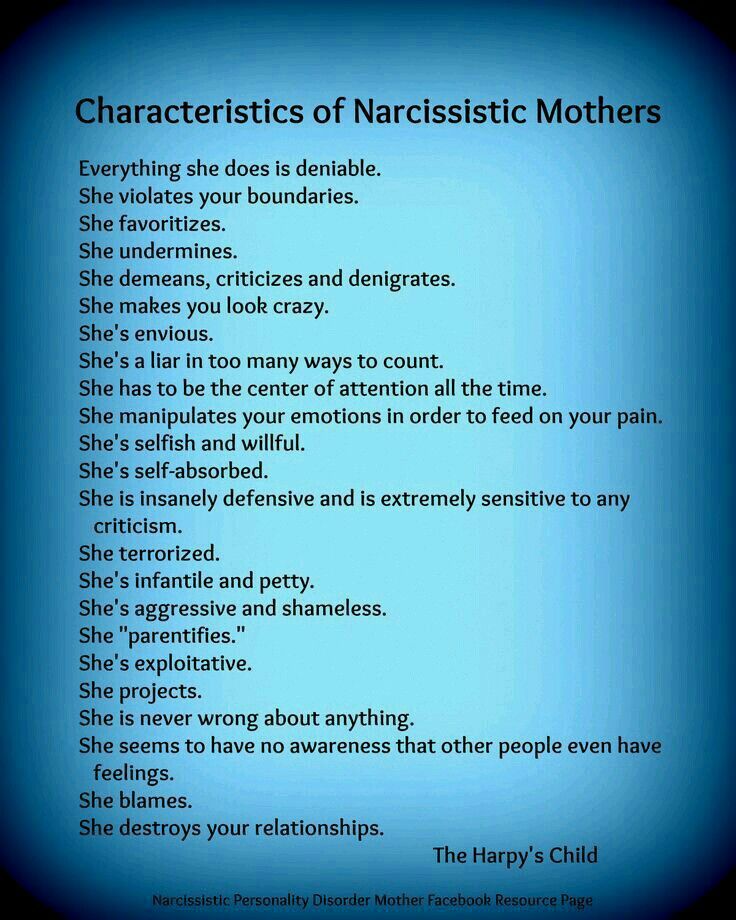 Daughters are also often afraid to install them because mothers might get angry. This fear is very real, as narcissists often cut people out of their lives.
Daughters are also often afraid to install them because mothers might get angry. This fear is very real, as narcissists often cut people out of their lives.
It is important to understand that the mother has already left you emotionally, there is not much she can do to harm you on a similar scale. come to you for dinner on Sundays. I need to be alone and I won't call you. When I'm done, I'll let you know. You don't need to call me for a while unless absolutely necessary. I'm not angry, and all this has nothing to do with you. It's just what I need right now." The mother may ask if everything is all right with you, and you can emphasize that everything is fine with you and you are not angry with her.
It happens that the mother keeps calling, coming to your house, manipulating. “Your task is to keep the boundaries and not react after you have informed her about it. She rings the doorbell, you don't open it. She calls on the phone, you don't pick up. She speaks to you, you once again confirm the seriousness of your intentions.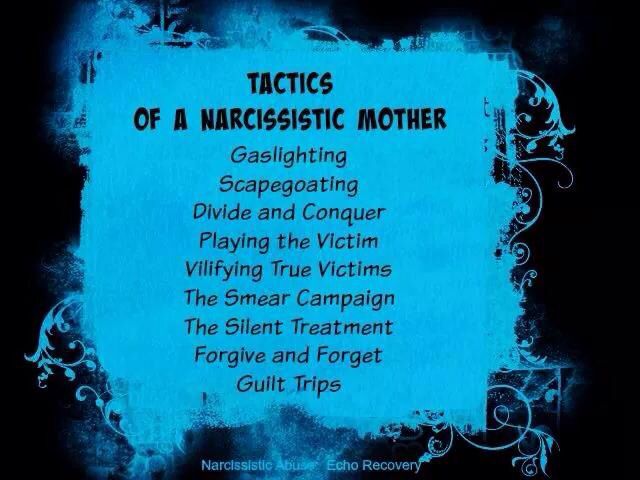 How she handles this situation is her problem, not yours. You are not responsible for her feelings. You can act kind and gently remind her that you will start communicating with her again when you are able to do so.
How she handles this situation is her problem, not yours. You are not responsible for her feelings. You can act kind and gently remind her that you will start communicating with her again when you are able to do so.
Many are taught from childhood that good girls forgive and forget insults. We are expected to forgive everyone who offends us, because it is right. McBride emphasizes: “Forgiveness has a positive charge and helps in healing if we see that the person did not wish us harm. However, trying to deny the pain we have experienced will not do any good. Moreover, by refusing to admit that we have been harmed and to understand that a person may well do it again (intentionally or not), we put ourselves at risk.
Many misunderstand forgiveness as an excuse for the behavior that harmed us. As if nothing terrible had happened. McBride recommends forgiving only those who are ready to accept responsibility - after the person has admitted his wrong, realized it and truly repented.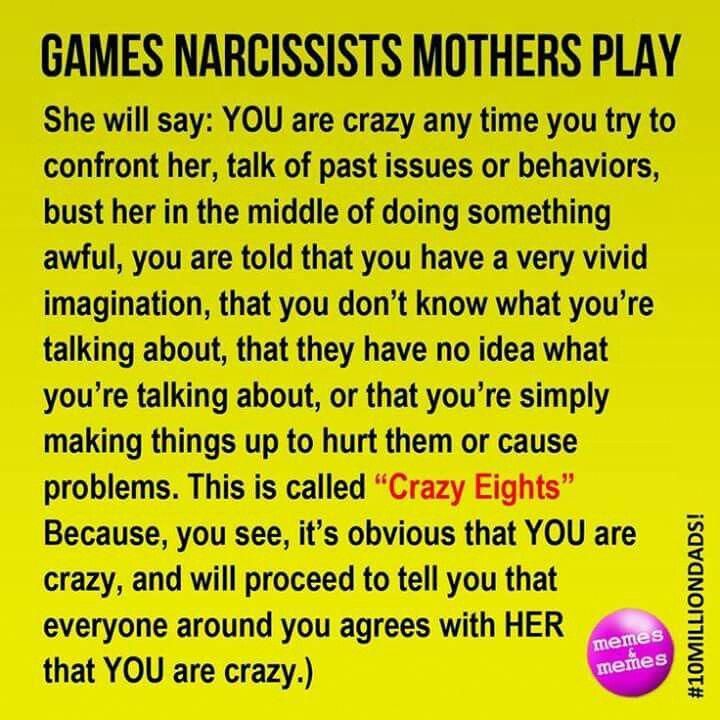 The author of Good Enough advises letting go of the situation internally, which will definitely do you good: “Forgiveness comes when you live these feelings in order to move on and live your life.”
The author of Good Enough advises letting go of the situation internally, which will definitely do you good: “Forgiveness comes when you live these feelings in order to move on and live your life.”
Illustrations: Shutterstock (Taty Vovchek)
Narcissistic mother. Transformation — Women's project by Veronika Khatskevich
Narcissistic parents have a peculiarity: they do not contribute to the upbringing of adequate children, they do not create conditions for the development of the child as an independent self-sufficient person.
Narcissistic mothers affect both sons and daughters. The latter “get” more, because they see competitors in their daughters.
Even before the birth of the child, the narcissistic mother believes that the child will be the best, provided in the best possible way, and such confidence is based on arrogance.
The existence of a child is not considered from the point of view of the child itself, motherhood - this is how a woman protects her unstable self. The child is not treated as a person, and she treats him accordingly. The child is part of the narcissist, or part of the environment.
The child is not treated as a person, and she treats him accordingly. The child is part of the narcissist, or part of the environment.
Consider everything from the very beginning.
The time has come, and the narcissistic mother must have an alien - the birth of a child. For the first time, the mother gets stuck during pregnancy, in the fourth or fifth month, pregnancy manifests itself in various ways, and the narcissistic mother feels discomfort, while blaming the whole world for this, claims and accusations begin against the child that has not yet been born and the childbirth that cannot be avoided . Even before pregnancy, the narcissist considered adoption or surrogacy to avoid discomfort, but such a child is not ideal due to bad genetics, bad influences (a surrogate mother can get sick during pregnancy). Therefore, it does not inspire confidence. Then thoughts arise that you can go for an abortion, or resort to artificial childbirth, but this is also excluded, because there is little good in this, and I want to hit the world that I gave birth myself!
In the future, this past period will be characterized by ballads telling their child about an abortion that was not done, an artificial birth…
Narcissistic mothers most often want to give birth to a son. Daughters are treated like second class. The son is the future president, the ruler of the galaxy. Women are rarely required for such activities.
Daughters are treated like second class. The son is the future president, the ruler of the galaxy. Women are rarely required for such activities.
Thoughts come that the daughter is a future bitch, a prostitute, a freeloader, the mother will only be exhausted with her. Some go to get rid of a child who has an unnecessary gender. Others may develop negative feelings for their daughter even before she was born. The key point is not that the mother wants a boy to be born, but the hatred of her daughter before birth, the recognition of her failure in life because of her existence.
Such women often have difficult childbirth, which is influenced by psychological reasons. The birth itself is protesting. A woman will always remain dissatisfied, no matter what the process of childbirth is: paid, free, through an acquaintance or without it.
A child has appeared. This is where problems appear. He is a living being, though dependent on his mother, however, separate. The narcissistic mother is not able to understand his needs, does not understand them.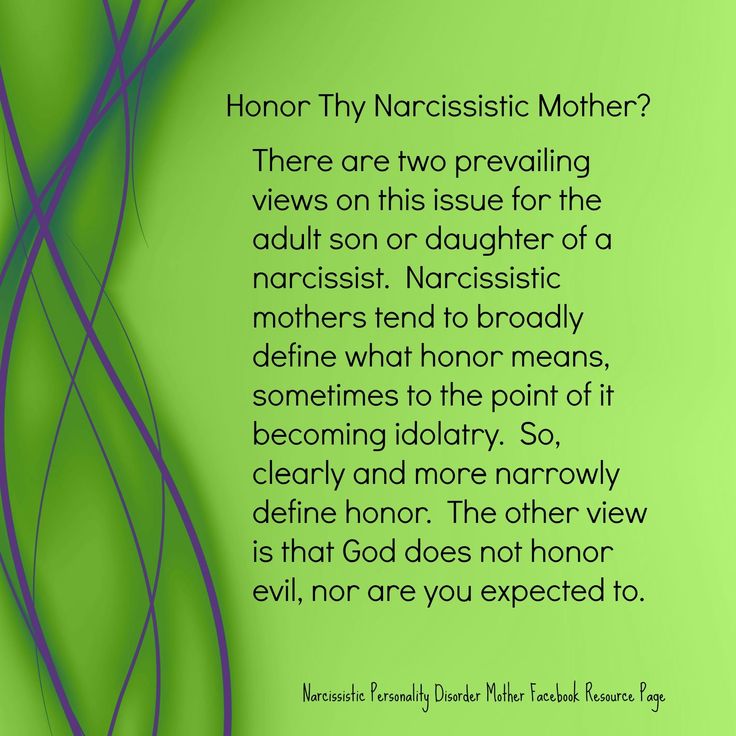
Narcissus is able to endure the period of caring for a child, and in the future will consider him his own feat. The narcissist mother, of course, is experiencing difficulties, it is hard for her. It’s good if she manages to fuse a child who is at an inconvenient age for her, grandma, grandpa. And later, when problematic situations arise, there will be those who are chronically to blame.
If the child has nowhere to go, he will cause constant irritation to the mother. The daughter in her eyes will always look stupid, clumsy, unlucky, etc.
There may be no boundaries between mother and child that are not distinguished by the mother. In this case, the mother will begin to solve many issues: go everywhere with her daughter, shop for clothes, toys, etc. If she liked something, then the daughter will approve it, in other words, the child does not have his own desires and opinions.
However, there is another option, mother and daughter may be separated by a wall.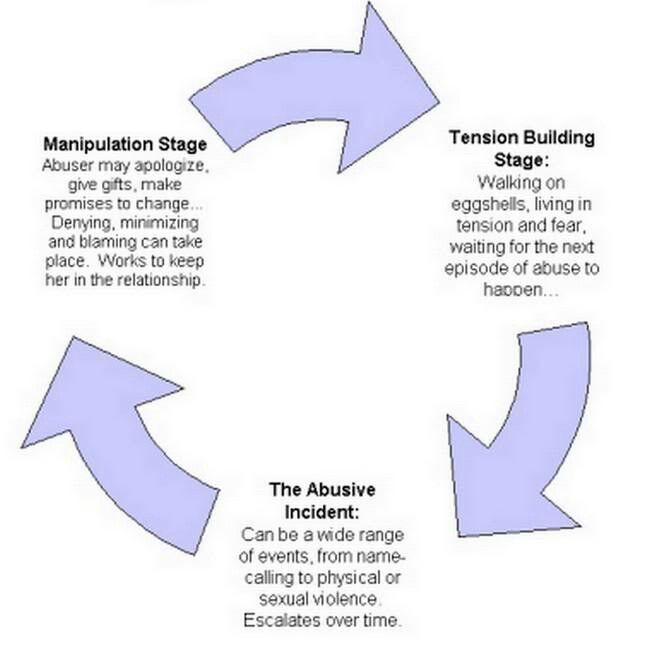 Then the mother simply forgets about the child: birthdays are not celebrated, clothes are not bought, even the child is not taken away from school.
Then the mother simply forgets about the child: birthdays are not celebrated, clothes are not bought, even the child is not taken away from school.
These two types ignore children's problems. The first type doesn't know there is a problem (I have no problem why a child should have one). The second type does not want to know about the existence of the problem.
When a child passes into adolescence, the mother of the first type gets involved in the daughter's affairs, relationships, and does not allow her to solve any issues on her own. Daughter's independence is suppressed.
The second type gives the daughter a lot of freedom. True, if she deviates from accepted norms, cruel punishment and retribution for her labors will follow (after all, I gave birth to you!).
The adult life of children whose mothers are narcissists is characterized by a difficult relationship between mother and daughter. A mother with no boundaries gives her daughter in marriage. Family life takes place with the participation of the daughter, her husband, mother.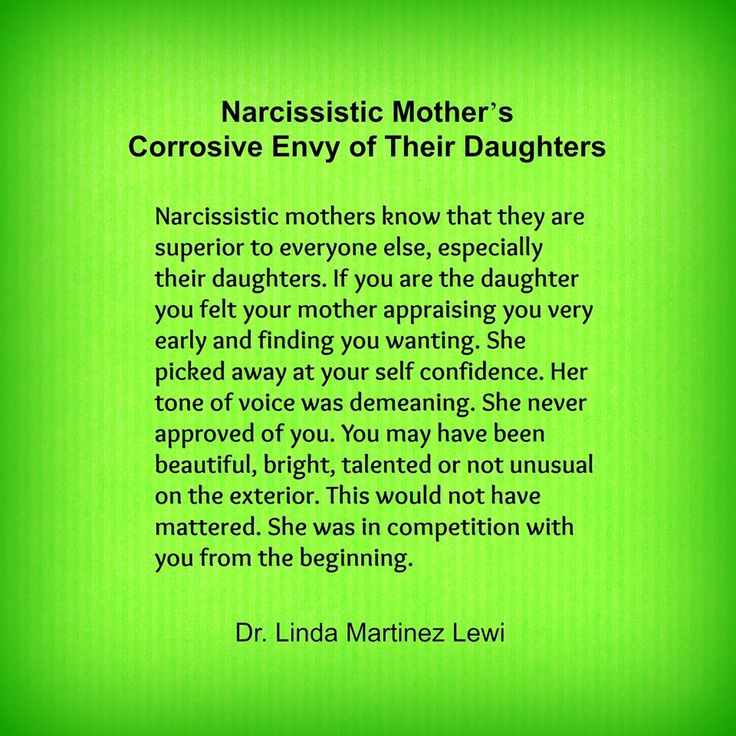 The mother strives to ensure that her daughter is next to her, for which she is engaged in rocking the relationship between her daughter and her husband. When the husband is self-confident, the mother is able to lead the marriage to divorce.
The mother strives to ensure that her daughter is next to her, for which she is engaged in rocking the relationship between her daughter and her husband. When the husband is self-confident, the mother is able to lead the marriage to divorce.
If the mother has no contact with her daughter, the mother starts using the daughter. For example, a daughter should be shared with her, supported. She didn't have an abortion!
If a daughter has an unsuccessful life, her mother will constantly remind her of this. And still, at least something will be taken.
In any case, the mother will consider her daughter imperfect (only she belongs to the only higher being). Therefore, recognition from the daughter will not work. She is not interested in her daughter's problems, they are considered nonsense. Interest can cause problems that will help recognize the daughter as an unfortunate woman, a “complete fool”.
The ideal, which is always present, usually includes a neighbor, relative, classmate, with whom they compare their child (not in his favor).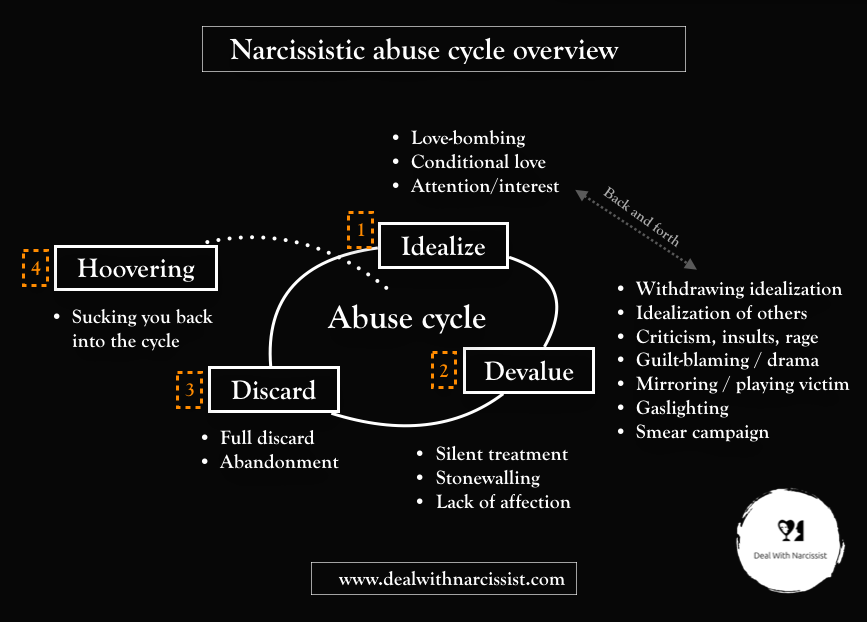 And, of course, comparisons with yourself will follow.
And, of course, comparisons with yourself will follow.
The mother is the best, more important, she has the most urgent and significant problems, her interests are the most important. When the daughter has achieved some kind of success, the mother will let her know that she had a much larger number of suitors, job offers, etc. in the same period. Or it could be, only the presence of an ugly child interfered.
When a daughter thinks too much about herself, the mother will find a way to "lower" her. She can use direct insults, affectionate reproaches, reminders, tactless remarks.
If a daughter argues, defends herself, or even sends her mother away, she will make her feel like a bastard, upsetting her mother. A mother knows how to approach her own child. Therefore, when the daughter tries to get away from the conflict, everything will end with the fact that she will feel like a “bad girl”, and she may have to ask for forgiveness.
Daughters with a successful life can spend millions on their mothers, and on all sorts of nonsense.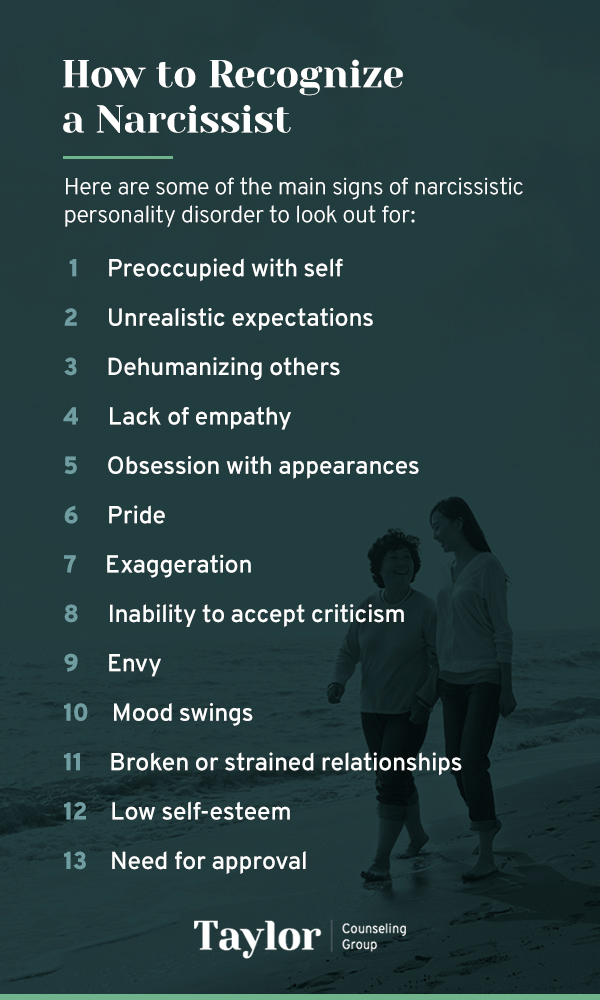 They are not going to return them in advance, because the child is obliged. When the child tries to return the funds, the mother goes into a narcissistic frenzy, saying she has merit.
They are not going to return them in advance, because the child is obliged. When the child tries to return the funds, the mother goes into a narcissistic frenzy, saying she has merit.
When persistently demanding money, the mother goes very far: she spreads rumors about her daughter, hires bandits, calls a psychiatric team, appeals to the prosecutor's office.
Under these conditions, the mother is as unhappy as her daughter. From birth, a daughter stays with her mother, who, like clay, fashions a support for her own deformed personality out of her. But the child is a different being, using its own laws in development. And therefore, in order not to allow herself to collapse, the mother corrects her own consciousness, even if the consciousness protests.
Narcissistic mothers do not bring mental health, a peaceful existence to their daughters. Having a narcissistic mother is an eternal battle for a daughter. To normalize their own lives, such daughters need to do a lot of work.